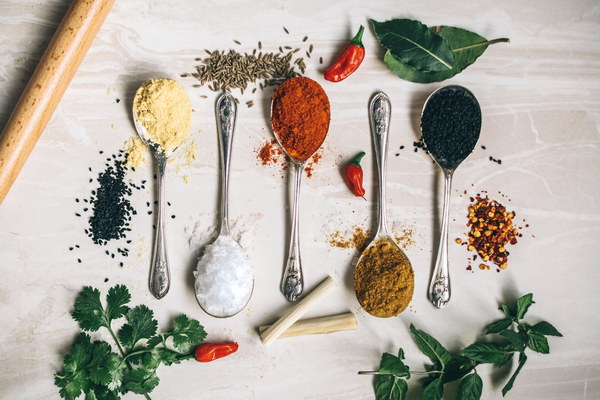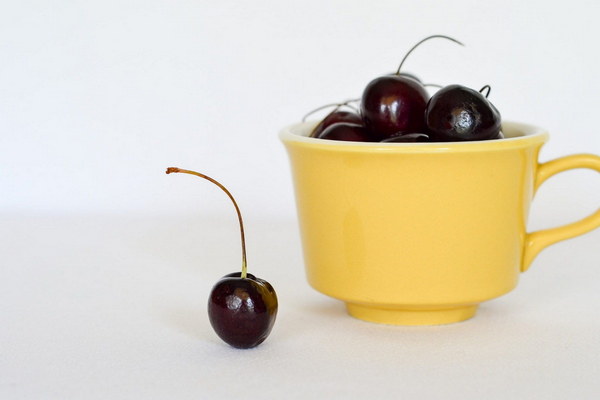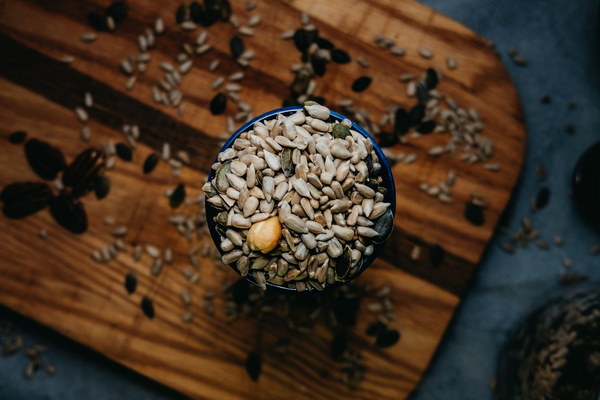Postpartum Qi and Blood Tonification Nurturing the Postpartum Body with Chinese Medicine
After the joyous experience of giving birth, many women find themselves struggling with postpartum weakness, especially those who have experienced postpartum spleen deficiency and Qi and blood deficiency. In traditional Chinese medicine (TCM), postpartum recovery is a critical period where the body needs special attention and care to regain its strength and vitality. This article will explore the concept of postpartum spleen deficiency and Qi and blood tonification, and provide insights on how to nourish the postpartum body with TCM practices.
Understanding Postpartum Spleen Deficiency and Qi and Blood Deficiency
Postpartum spleen deficiency refers to the condition where the spleen, an organ responsible for transforming food into nutrients and transporting them throughout the body, is weakened after childbirth. This deficiency often leads to Qi and blood deficiency, as the spleen is closely related to the production of Qi and blood.
Qi, often translated as vital energy, is essential for maintaining the body's physiological functions and overall health. Blood, on the other hand, is the substance that nourishes the body and mind, ensuring proper organ function and a healthy complexion.
When a woman is Qi and blood deficient postpartum, she may experience a range of symptoms, such as fatigue, weakness, dizziness, fainting, palpitations, shortness of breath, hair loss, and irregular menstrual cycles.
TCM Practices for Postpartum Qi and Blood Tonification
To address postpartum spleen deficiency and Qi and blood deficiency, TCM offers a variety of practices that can help restore balance and vitality to the postpartum body:
1. Acupuncture: Acupuncture can help stimulate the body's natural Qi and blood flow, improving overall health and vitality. Specific points are selected based on the individual's specific symptoms and constitution.
2. Herbal Medicine: Chinese herbal formulas can be prescribed to tonify the spleen, nourish Qi and blood, and address specific postpartum concerns. Common herbs used in postpartum tonification include Angelica sinensis (Dang Gui), Rehmannia glutinosa (Shu Di), Codonopsis pilosula (Dang Shen), and Poria cocos (Fu Ling).
3. Dietary Adjustments: A postpartum diet that is rich in nutrient-dense foods can help support the body's recovery. Foods that are particularly beneficial for postpartum Qi and blood tonification include:
- Nourishing soups and stews, such as those made with chicken, pork, or beef bones, and roots like carrots and lotus root.

- Dark leafy greens, such as spinach, kale, and collard greens, which are rich in iron and vitamins.
- Foods high in protein, such as eggs, fish, and lean meats, to support blood production.
- Foods that are easy to digest, as the spleen is still recovering postpartum.
4. Exercise and Movement: Gentle, restorative exercises, such as tai chi, qigong, or postpartum yoga, can help improve circulation, boost Qi and blood flow, and enhance overall well-being.
5. Mental and Emotional Support: The postpartum period can be emotionally challenging. Seeking support from friends, family, or a counselor can help alleviate stress and promote healing.
Conclusion
Postpartum recovery is a delicate and crucial time for women to prioritize their health and well-being. By incorporating TCM practices such as acupuncture, herbal medicine, dietary adjustments, exercise, and emotional support, women can effectively address postpartum spleen deficiency and Qi and blood deficiency, fostering a smooth and healthy recovery. Remember to consult with a qualified TCM practitioner to tailor these practices to your specific needs and circumstances.









